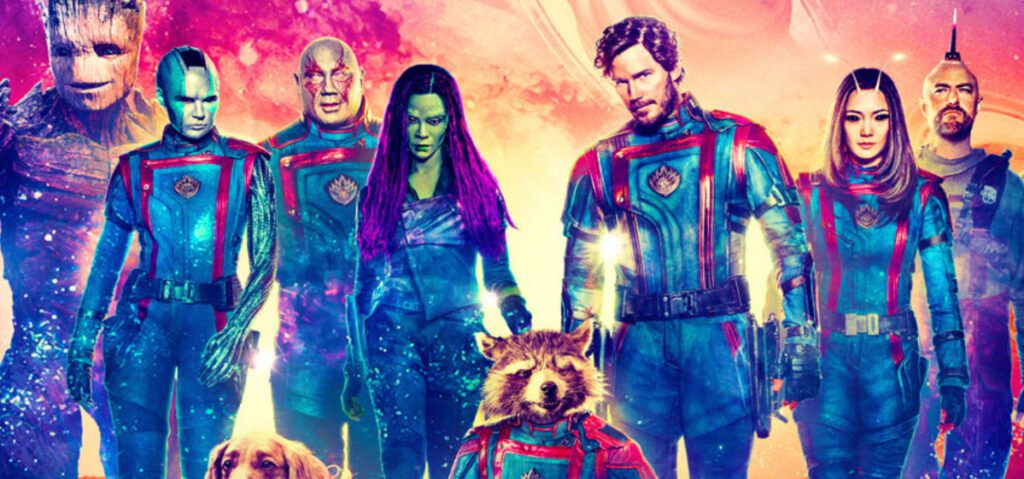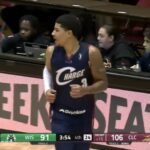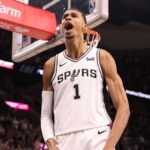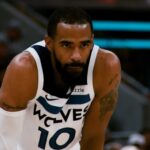ave you ever left a theater buzzing with excitement, only to realize the magic you expected somehow slipped through the cracks?
An Overcrowded Roster

When Guardians of the Galaxy first blasted onto screens, its ensemble cast felt like a fresh breeze in the MCU. Yet in Volume 3, that same team dynamic starts to buckle under its own weight. As I settled into my seat opening night, I couldn’t help but notice how every hero—from Rocket’s sarcastic quips to Groot’s limited vocabulary—deserved a moment to shine. Instead, the film juggles so many narrative arcs (Quill’s grief, Drax’s misplaced humor, Mantis’s newfound bond) that few get the breathing room they need. Even Adam Warlock, teased for years, arrives more as a side gig comedian than the powerhouse fans hoped for.

According to The Hollywood Reporter, this scattergun approach leaves supporting characters “undercooked” and the villain’s grand schemes feeling like background noise.¹ If you loved the intimacy of the first two adventures, where each Guardian had a clear purpose, you’ll find Volume 3 struggling to balance its squad without losing its emotional bearings.

A Faltering Pace
James Gunn built his early successes on a rhythm that snapped you into action: a pulse-quickening jump from banter to big threats, culminating in a triumphant finale. Guardians 3 begins with that familiar adrenaline jolt—our heroes racing to save Rocket—but soon the tempo splinters. Flashbacks into Rocket’s past, though undeniably moving, slice the narrative into uneven chapters. One moment you’re rooting for a daring rescue; the next you’re drifting through recollections that, while heartfelt, interrupt the climactic momentum.

Film critic Jessica Kiang noted in Variety that these tonal shifts make the two-and-a-half-hour runtime feel like a patchwork quilt—rich in color but lacking a cohesive thread.² Personally, I found myself checking my watch during the subplot on Counter-Earth, which, despite its grand design, never quite earns its place in the story. By the time we return to the present, the urgency has dimmed, and the final showdown loses some of its impact.

When Stakes Feel Safe
In any great saga, the promise of real loss galvanizes the audience. Star-Lord’s brush with mortality in earlier films felt raw because we worried he might not pull through. Here, though, death is teased so often it becomes theatrical. The film opens with Rocket on the brink, only to revive him at the last second—and then shadows Quill’s near-demise soon after. Rather than heighten tension, it undercuts it, turning genuine suspense into a replay of familiar tropes.

A friend and I joked afterward that Marvel seems allergic to permanent goodbyes—Nick Fury blinked back to life, and even peppered romances reset themselves. But with Guardians 3 concluding this beloved trilogy, one wonders if a character evolution—a true sacrifice—might have given the finale the bittersweet sting it needed. As is, the ending leans on contract obligations rather than narrative necessity, signaling its affection for comfort over consequence.

Despite these flaws, there’s still joy in witnessing Rocket’s sharp wit or seeing Groot’s final flourish. The film reminds us that Marvel’s strengths lie in its humor and heart. Yet when a franchise leans too heavily on past glories—crowding its roster, fracturing its pace, and safeguarding every hero from finality—it reveals the fissures beneath its shiny armor. Perhaps Guardians Vol. 3 is the wake-up call the MCU needs: innovation over inertia, stakes that truly resonate, and the courage to let icons fall so their legends can rise anew.
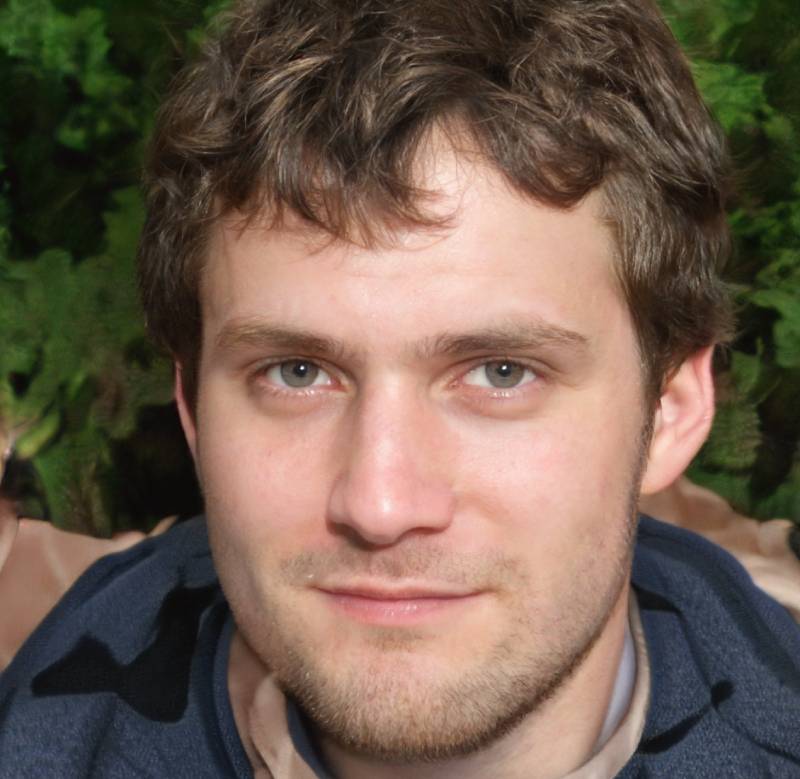
Meet Bill, a curious mind with a rebellious streak and a shared enthusiasm for lifestyle and culture. Like his longtime collaborator William, he’s captivated by the pulse of current events. But Bill brings a twist, he thrives on spontaneity, often following instinct over convention. His unconventional flair adds a dynamic edge to the team, making every project a little less predictable and a lot more exciting.

